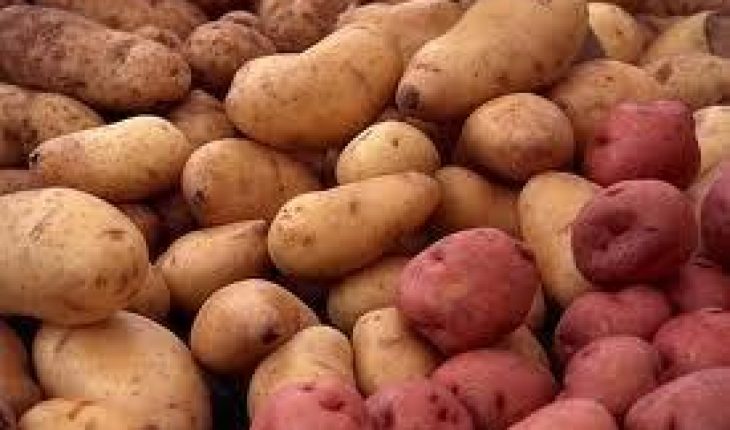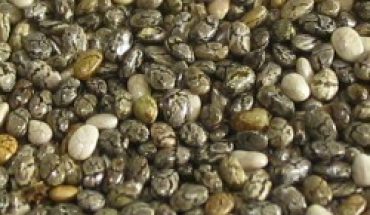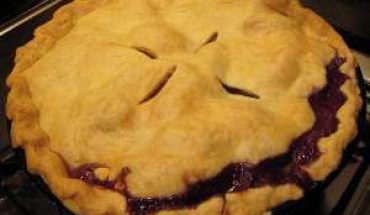Potassium is a very important nutrient, which is essential for healthy bodily functions. Low levels of Potassium in the blood or hypokalemia is a condition that is suffered by a growing number of people worldwide. These people often complain of muscle cramps and sometimes even more serious complications, which can affect the heart. The symptoms of hypokalemia include feelings of tiredness, diarrhea, irritability, muscle cramps and or spasms and high or low blood pressure levels. Luckily, there are many foods that are easily accessible, high in potassium and likely to improve low potassium levels. Potassium is lost through perspiration and is normally regulated by the kidneys therefore decreasing potassium levels may be a symptom of a kidney infection and a healthy potassium rich diet will maintain healthy levels of potassium.
Fruits rich in potassium
Fruits that are high in potassium include apricot,bananas,avocado, bananas, cantaloupe, mango, orange, kiwi, papaya, pear, strawberries, and tomatoes. Eating a diet that includes these fruits will aid in raising potassium levels and thereby aid in the healthy operation of the body. It is important to eat these fruits in as natural a form as is possible because processed fruits tend to lack some of the nutrients found in organic fruits.
When pursuing any kind of strenuous activity, it has been found that drinking or eating any high potassium food can replenish the potassium that is lost through perspiration. An example of this is orange juice that is a quick and replenishing drink especially after a workout.
Potassium rich Vegetables
Vegetables are also a good source of potassium. Vegetables such as artichokes, broccoli, Brussels sprouts, corn, beets, carrots, cauliflower, cucumber, chard, cabbage, mushrooms, eggplant, deep green lettuce, onion, potato, parsley, bell pepper, plantain, radish and spinach provide a reliable source of potassium. A healthy diet consisting of a combination of these vegetables will aid in the fight against hypokalemia and other more serious diseases.
Other sources of Potassium
Meats including fish and poultry also contain potassium. Offal like beef, liver and kidney and fatty fish like halibut, herring and sardines can supply between 400-900mg of potassium per serving. Milk is also a good source of potassium, along with lima beans and kidney beans and can add a good 225 mg of potassium with every half-cup serving.
For those people who require less potassium in their diet or a reduced level, foods such as mushroom, cabbage, bell peppers, blue berries, fruit cocktail, fresh pineapple and onions will provide smaller quantities of potassium. These foods supply the body with a mere 125 mg of potassium to each half-cup serving. Seeds are also a good source of potassium. Seeds such as sesame seeds, sunflower seeds and nuts like, for example, Brazil nut, almonds and also cashew nuts can supply between 500-700 mg of potassium. Wheat bran, wheat germ, muesli and these types of grains are also especially rich in potassium and can contain in excess of 1000 mg of potassium. Potassium rich foods are vital for good health.
Related Articles





